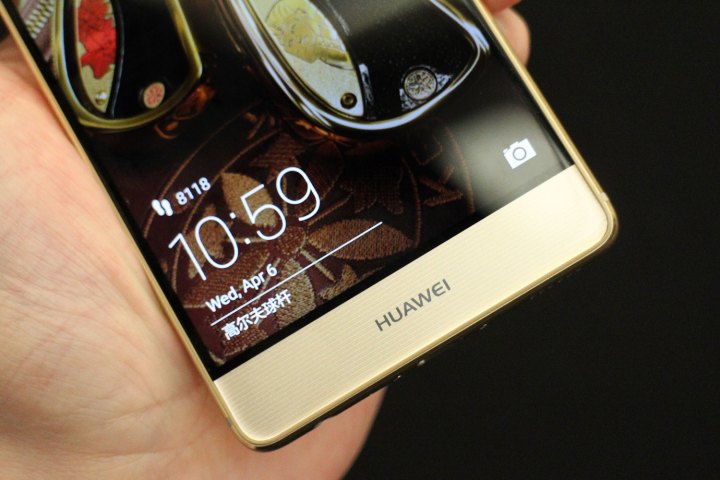
The lawsuits revolve around intellectual property infringement claims. It’s an important moment, as Chinese companies are usually the ones slapped with intellectual property disputes — the country has a rampant copying conundrum that doesn’t just extend to tech.
The lawsuits, which have been filed in the U.S. and in China, cite that Samsung is selling unlicensed use of 4G cellular communications technology, operating systems, and user interface software on its devices, according to Reuters.
“We hope Samsung will … stop infringing our patents and get the necessary license from Huawei, and work together with Huawei to jointly drive the industry forward,” Huawei’s president of IP Rights, Ding Jianxing, said in a statement.
Huawei has a large patent portfolio
Huawei holds quite a number of patents — the company says it had been granted 50,377 patents as of Dec. 31, 2015. While most people think of Huawei’s smartphones, the company actually earns most of its revenue from making telecommunications infrastructure.
“Until a few years ago, our bread and butter was telecommunications infrastructure — it’s still a few tens of billions of dollars annually,” William Plummer, vice president of External Affairs at Huawei, told Digital Trends. “But in that time we were a [business-to-business] company.”
The company never really did “a lot of branding,” but that’s changing now that Huawei is aggressively making its way to the top of the consumer market.
“We did $62 billion in revenue last year — $20 billion of that in devices,” Plummer said. “As of last year we were 23 on the U.S. list in terms of patents issued. On the global World Intellectual Property Organization list — we are number one, and have been for two years.”
“Innovation doesn’t pay attention to geographical borders, and the billions that we’ve put into our R&D — well, that’s our life blood.”
Huawei prides itself on being one of the biggest contributors, since 2014, to 4G and LTE technologies. Plummer said Huawei has deployed more networks than “any other vendor, including Ericsson.”
“It’s funny, here in this country there is a perception that, ‘Well, they’re a multi-national but their headquarters are in China, and that’s not where innovation happens,'” he said. “And that’s the broader context. Innovation doesn’t really pay attention to geographical borders, and the billions that we’ve put into our R&D and the tens of thousands of employees — well, that’s sort of our life blood.”
Plummer said Huawei has worked with its peers, such as Ericsson, Apple, IBM, Qualcomm, and others, to license its patents and be “appropriately compensated to royalties.” That’s the way Plummer says it has operated in the 20 years he’s worked in the business.
“It’s unusual and unfortunate when, despite fulfilling our obligations as an essential patent holder, an agreement cannot be reached and that’s why in this case we found ourselves compelled to the courts,” Plummer said.
The lawsuit is partly a way for Huawei to make clear that it is indeed an “innovation powerhouse.” Plummer says the patents infringed by Samsung are marked as “essential.” These patents start from elements of connectivity that extend into inter-operability and affect the user experience.
Samsung will review the complaint
Samsung responded to our request for comment, and the company said it “will thoroughly review the complaint and take appropriate action to defend Samsung’s business interests.”
Of course, Samsung is no stranger to intellectual property lawsuits. Apple famously filed suit against the Korean giant in 2011 in a case that dragged on for years. Samsung countersued, and both companies had wins and losses over a rather lengthy litigation process.
Huawei and Samsung run Google’s Android operating system on their smartphones. Huawei, and several other Chinese companies, have overtaken Samsung’s previously dominant presence in its home country, and the company recently has been making an expansion into the U.S. The company is seeking compensation for the alleged damages.


